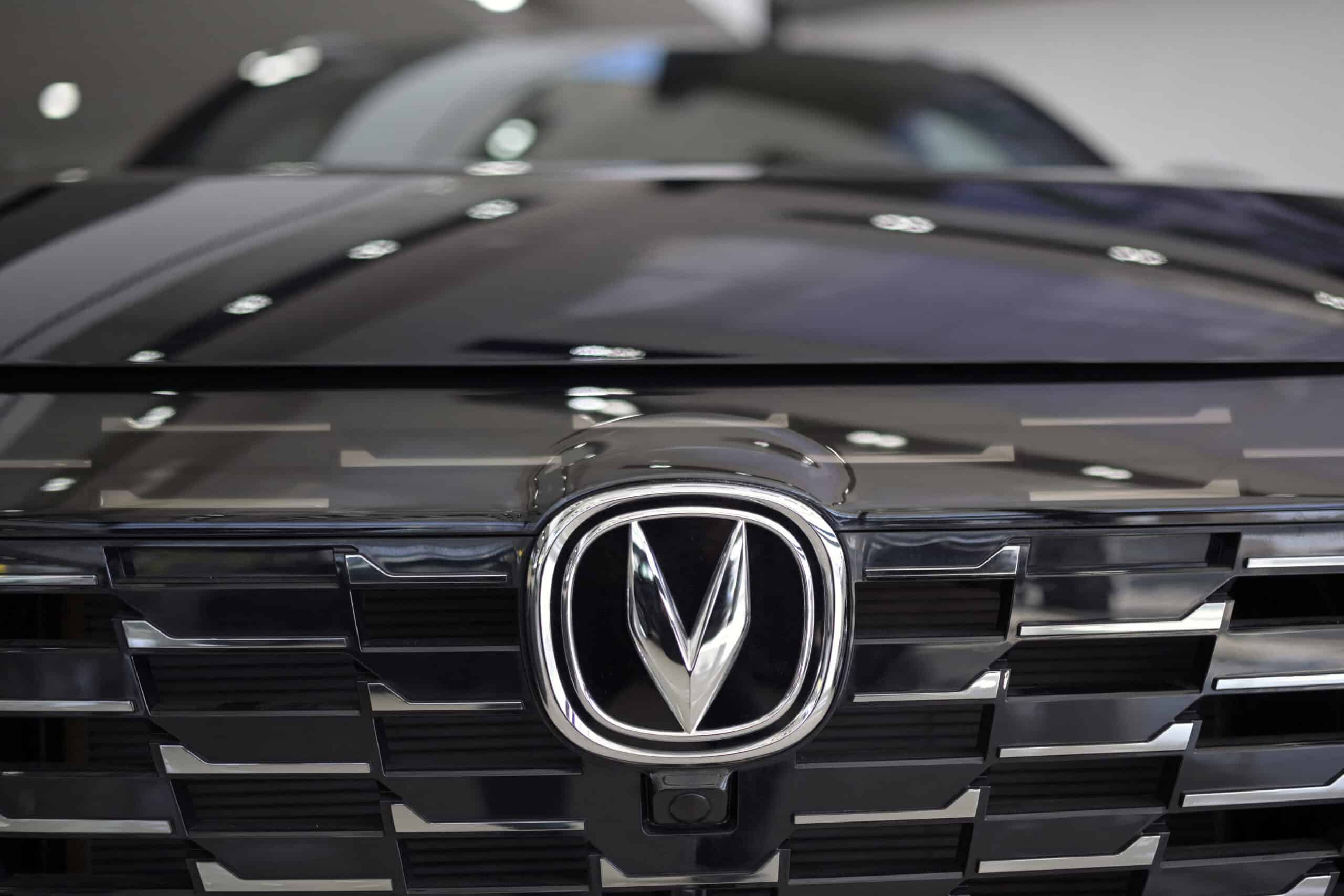Are BMW And Porsche Losing Their Grip On The Chinese Luxury Car Market?

Table of Contents
Rising Domestic Competition
The Chinese luxury car market is witnessing a surge in domestic brands, challenging the established dominance of international players like BMW and Porsche. Brands like Hongqi, with its powerful image of national pride, and BYD's increasingly sophisticated and technologically advanced premium line, are making significant inroads. Nio, a leader in electric vehicles, is another formidable competitor. These Chinese automakers are leveraging several key strategies:
- Increased investment in R&D: Chinese automakers are pouring significant resources into research and development, leading to rapid technological advancements.
- Technological advancements: They are focusing heavily on electric vehicles (EVs) and autonomous driving technologies, areas where consumer demand is high.
- Targeted marketing campaigns: Marketing strategies are specifically tailored to resonate with the preferences and aspirations of Chinese consumers.
- Government support and incentives: Government policies and incentives are actively promoting the growth of domestic auto brands.
This domestic competition isn't just about price; it's about offering cutting-edge technology, appealing design, and a strong sense of national identity – all factors increasingly important to Chinese luxury car buyers.
Shifting Consumer Preferences in China
The Chinese luxury car market isn't just becoming more competitive; it's also changing dramatically in terms of consumer preferences. The traditional image of luxury is being redefined by a younger generation of buyers who prioritize technology and sustainability.
- Strong preference for electric and hybrid vehicles: The demand for EVs and hybrids is soaring, driven by government initiatives and environmental awareness.
- Emphasis on technological features and connectivity: Consumers are demanding advanced features like sophisticated infotainment systems, autonomous driving capabilities, and seamless connectivity.
- Growing importance of brand image and social status: While still important, brand image is now intertwined with technological innovation and social responsibility.
- Increased demand for personalized and customized experiences: Luxury is no longer just about the car itself; it's about the entire ownership experience, including personalized services and customization options.
These shifts create significant challenges for established brands like BMW and Porsche, requiring them to adapt rapidly and innovate aggressively to stay relevant.
BMW and Porsche's Response to the Changing Market
Faced with increased competition and shifting consumer preferences, BMW and Porsche are responding with their own strategies:
- BMW's and Porsche's investment in electric vehicle production and infrastructure in China: Both brands are investing heavily in electric vehicle manufacturing and charging infrastructure within China to meet the growing demand.
- Adaptation of marketing strategies to resonate with Chinese consumers: They are tailoring their marketing campaigns to appeal to the specific preferences and values of the Chinese market.
- Introduction of China-specific models or features: Some models are being customized with features specifically designed for the Chinese market.
- Partnerships with Chinese companies or technology providers: Collaborations with local companies enhance their understanding of the market and provide access to valuable resources and technologies.
The Impact of Geopolitical Factors
Geopolitical factors, such as US-China relations and potential trade wars, can significantly impact the luxury car market in China. Supply chain disruptions and import tariffs can affect the availability and pricing of imported vehicles, potentially giving domestic brands a competitive edge. Navigating these complex geopolitical dynamics is another crucial aspect of success in this evolving market.
Conclusion
The Chinese luxury car market is undergoing a profound transformation. The rise of powerful domestic brands, coupled with rapidly evolving consumer preferences, presents significant challenges for established players like BMW and Porsche. While these German giants possess strong brand equity and technological capabilities, their ability to adapt to the changing landscape will determine their future success in this crucial market. Their strategies for electrification, localization, and engaging with the younger, tech-savvy consumer base will be key to maintaining their market share in the fiercely competitive world of luxury car sales in China. What are your thoughts? Can BMW and Porsche maintain their leading position in the Chinese luxury car market? Share your opinions and continue to follow for more updates on this dynamic sector.

Featured Posts
-
 Understanding The Link Between Kartel Activity And Rum Culture In Guyana Stabroek News
May 22, 2025
Understanding The Link Between Kartel Activity And Rum Culture In Guyana Stabroek News
May 22, 2025 -
 Abn Amro Hogere Aex Notering Na Positieve Kwartaalresultaten
May 22, 2025
Abn Amro Hogere Aex Notering Na Positieve Kwartaalresultaten
May 22, 2025 -
 Virginia Gas Prices Drop Gas Buddy Reports Weekly Decline
May 22, 2025
Virginia Gas Prices Drop Gas Buddy Reports Weekly Decline
May 22, 2025 -
 Love Monster Activities For Kids Crafts Games And More
May 22, 2025
Love Monster Activities For Kids Crafts Games And More
May 22, 2025 -
 Saskatchewan Political Panel Redneck Comments And Political Fallout
May 22, 2025
Saskatchewan Political Panel Redneck Comments And Political Fallout
May 22, 2025
